The consumption of millets is intricately linked to the enhancement of immunity due to their rich nutritional profile. Millets, such as finger millet (ragi), sorghum, and pearl millet, are abundant sources of vitamins, minerals, and antioxidants, all of which play vital roles in supporting a robust immune system. These grains are particularly rich in zinc, iron, copper, and vitamin C, essential components for immune cell function and the body's defense against infections. Additionally, millets possess anti-inflammatory properties, contributing to overall immune system regulation. Their prebiotic properties also promote a healthy gut microbiome, influencing immune responses. The diverse nutrient content of millets, combined with their potential to positively impact gut health, positions them as a valuable dietary inclusion for fortifying the body's natural defenses and fostering better immunity.
Table of Contents
Do Millets Boost Immunity?
Yes, millets are considered beneficial for supporting and potentially enhancing immunity. Here are several ways in which millets may contribute to better immune function:
- Nutrient Content: Millets, such as finger millet (ragi), sorghum, and pearl millet, are rich in essential nutrients, including vitamins, minerals, and antioxidants. These nutrients play crucial roles in supporting immune system function.
- Zinc: Millets are a good source of zinc, a mineral that plays a key role in the development and function of immune cells. Zinc deficiency has been linked to impaired immune responses, making it important for overall immunity.
- Iron: Adequate iron levels are essential for the proper functioning of immune cells. Millets, which contain iron, contribute to maintaining healthy iron levels and supporting immune function.
- Vitamin C: Some millets, like pearl millet, contain vitamin C, an antioxidant known for its immune-boosting properties. Vitamin C helps protect immune cells from damage and enhances the absorption of non-heme iron from plant-based sources.
- Antioxidants: Millets contain various antioxidants, such as phenolic compounds, which help neutralize free radicals in the body. This antioxidant activity contributes to reducing oxidative stress and supporting overall health, including immune function.
-
Prebiotic Properties: The dietary fiber in millets serves as a prebiotic, promoting the growth of beneficial gut bacteria. A healthy gut microbiome is increasingly recognized for its role in supporting the immune system.
Does Millet Prevent Illness?
While millets cannot guarantee the prevention of illness on their own, their inclusion in a balanced diet may contribute to overall health and potentially support the immune system. Millets, such as finger millet (ragi) and pearl millet, offer a nutrient-rich profile containing essential vitamins, minerals, and antioxidants. These components play crucial roles in supporting bodily functions, including immune function. Millets also exhibit antioxidant properties that help neutralize free radicals, and their prebiotic effects promote a healthy gut microbiome, indirectly influencing immune responses. Additionally, some millets are good sources of zinc, vital for immune cell development. While millets can be a valuable part of a health-conscious diet, a comprehensive approach to well-being, including lifestyle factors like regular exercise, sufficient sleep, and stress management, is essential for maintaining a strong and resilient immune system.
Is Millet A Part Of A Balanced Diet?
Absolutely, millets can be a valuable and nutritious part of a balanced diet. They offer a range of health benefits and contribute essential nutrients to support overall well-being. Here are some reasons why millets can be included in a balanced diet:
- Nutrient Diversity: Millets provide a variety of essential nutrients, including complex carbohydrates, dietary fiber, protein, vitamins (such as B vitamins), and minerals (such as iron, magnesium, and zinc).
- Low Glycemic Index: Millets generally have a low glycemic index, meaning they release glucose into the bloodstream at a slower rate. This helps in maintaining stable blood sugar levels and providing sustained energy.
- Gluten-Free Options: Millets are naturally gluten-free, making them suitable for individuals with gluten sensitivities or celiac disease.
- Versatility: Millets can be used in a variety of dishes, including porridges, pilafs, salads, and baked goods. This versatility allows for creative and enjoyable ways to incorporate them into meals.
- Sustainable and Environmentally Friendly: Millets are known for their adaptability to different climates and their relatively low environmental impact. Choosing millets can be a sustainable choice for both personal health and the planet.

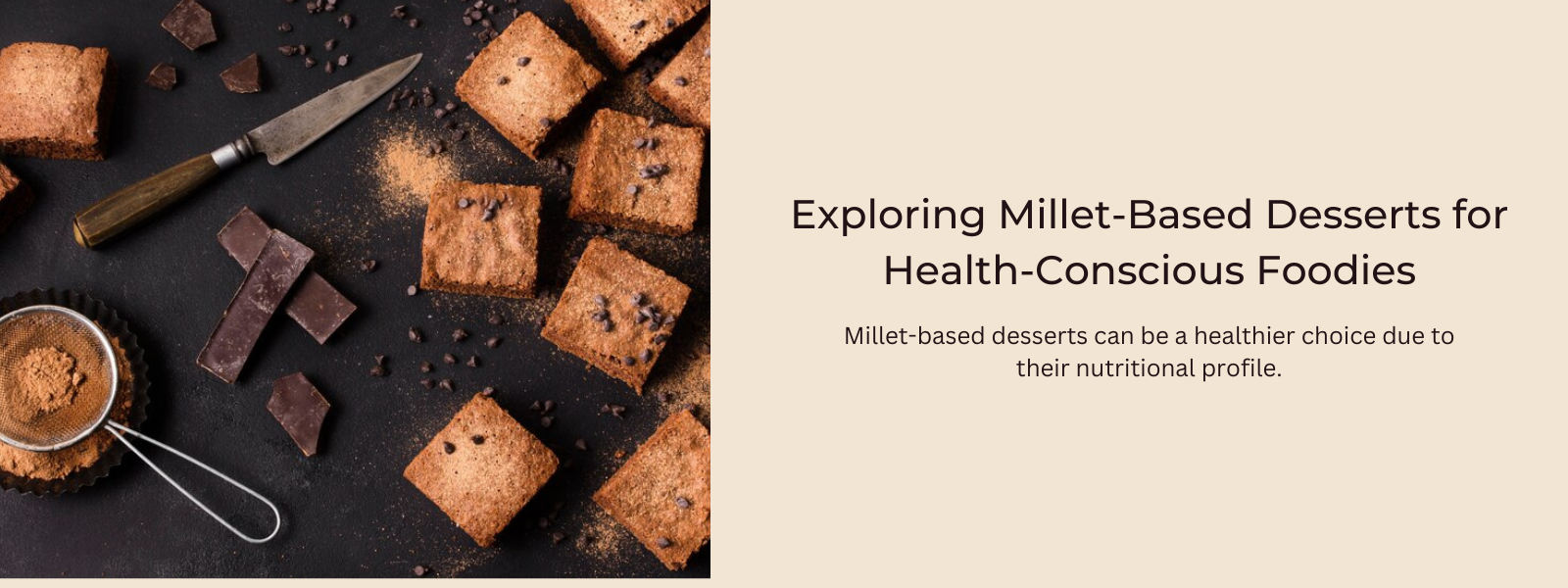
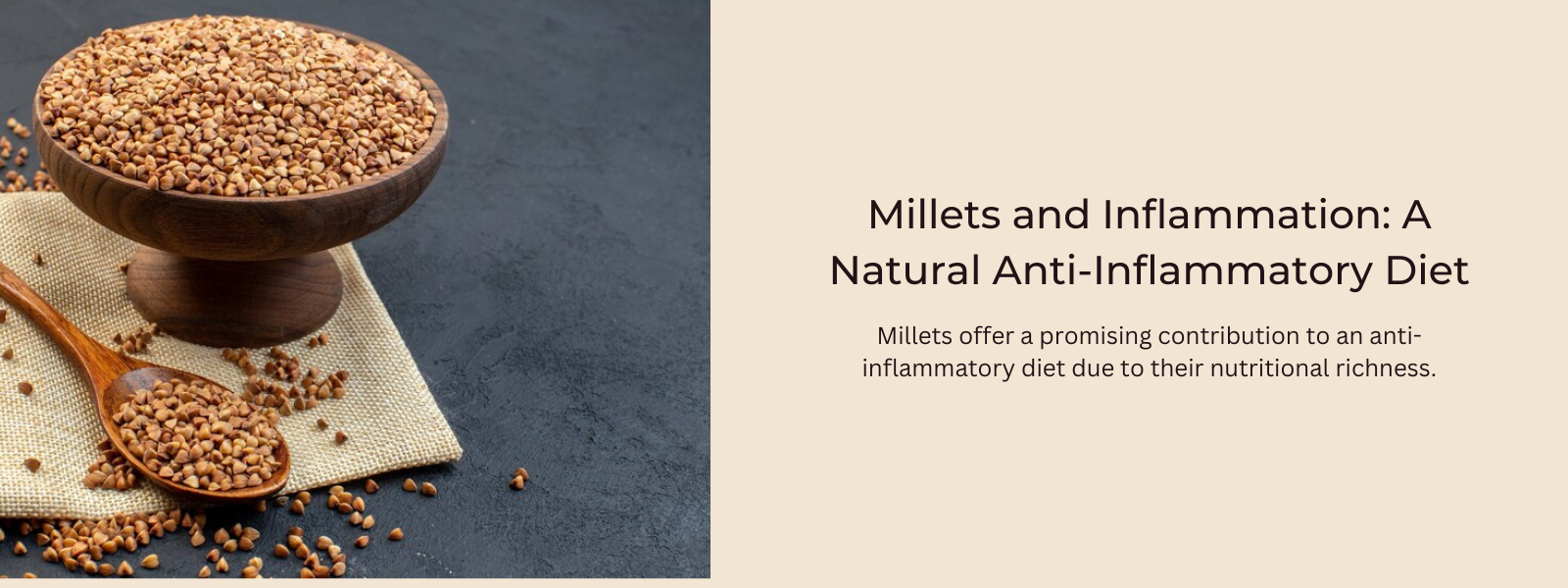
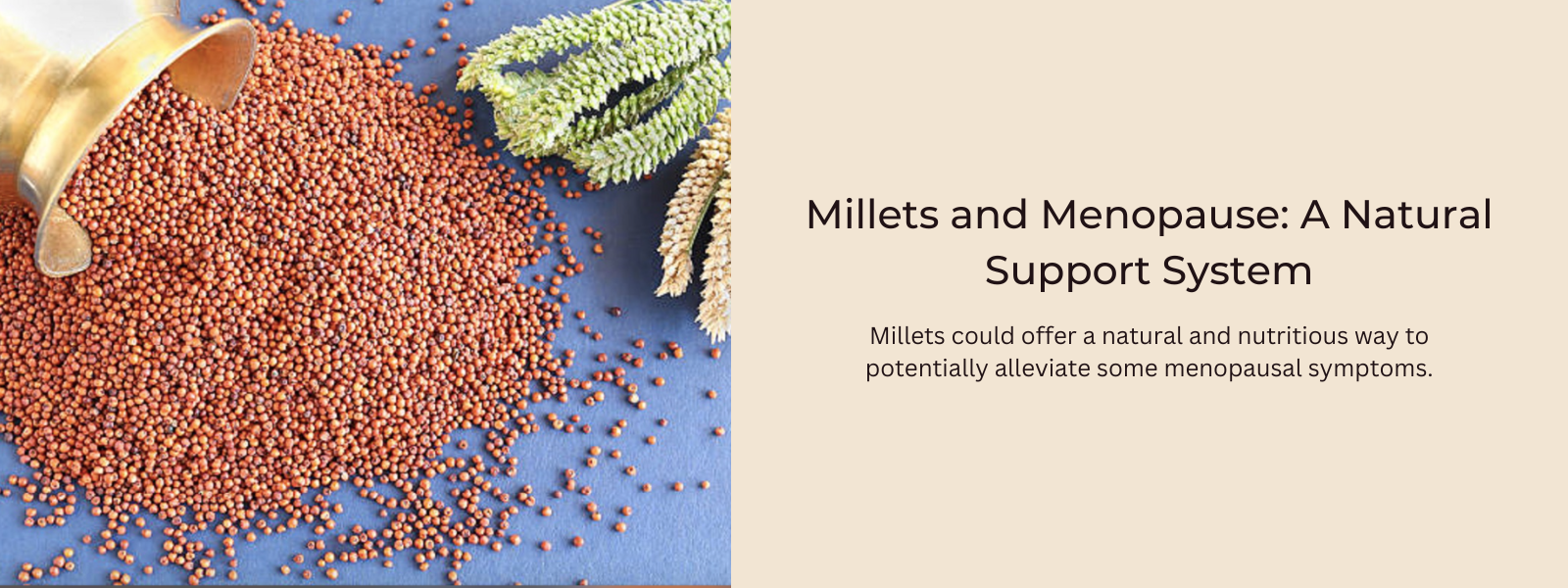
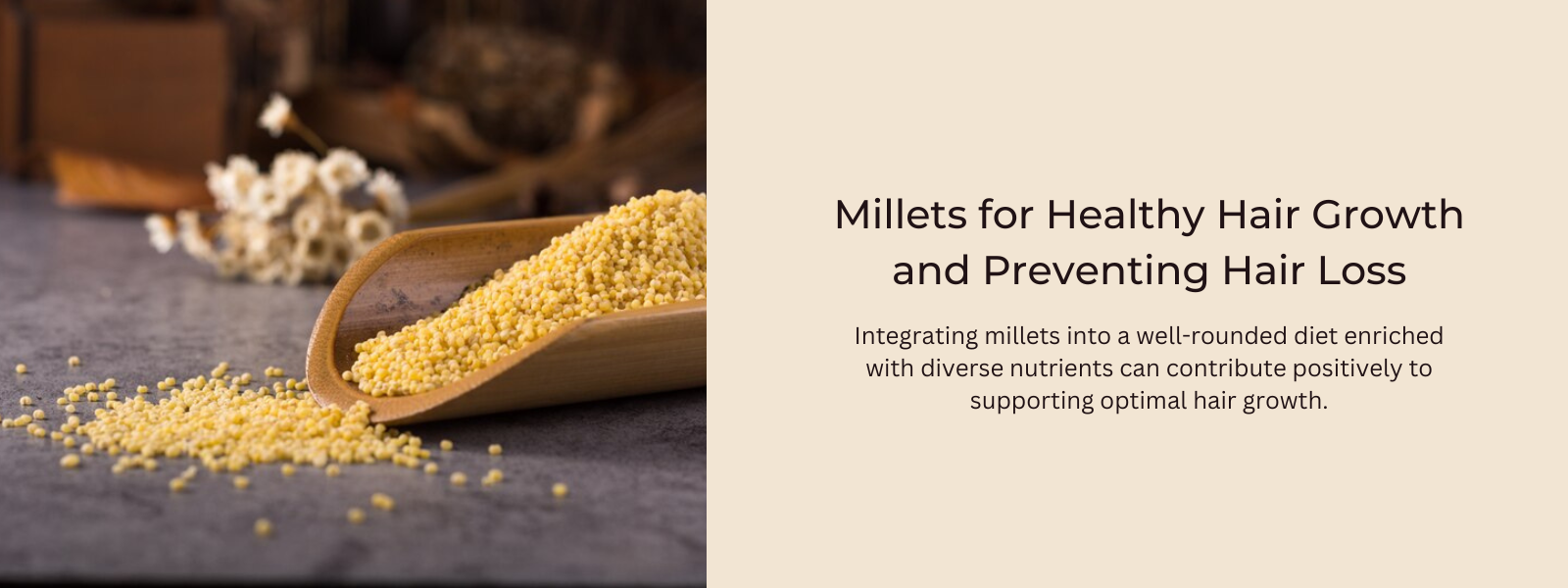
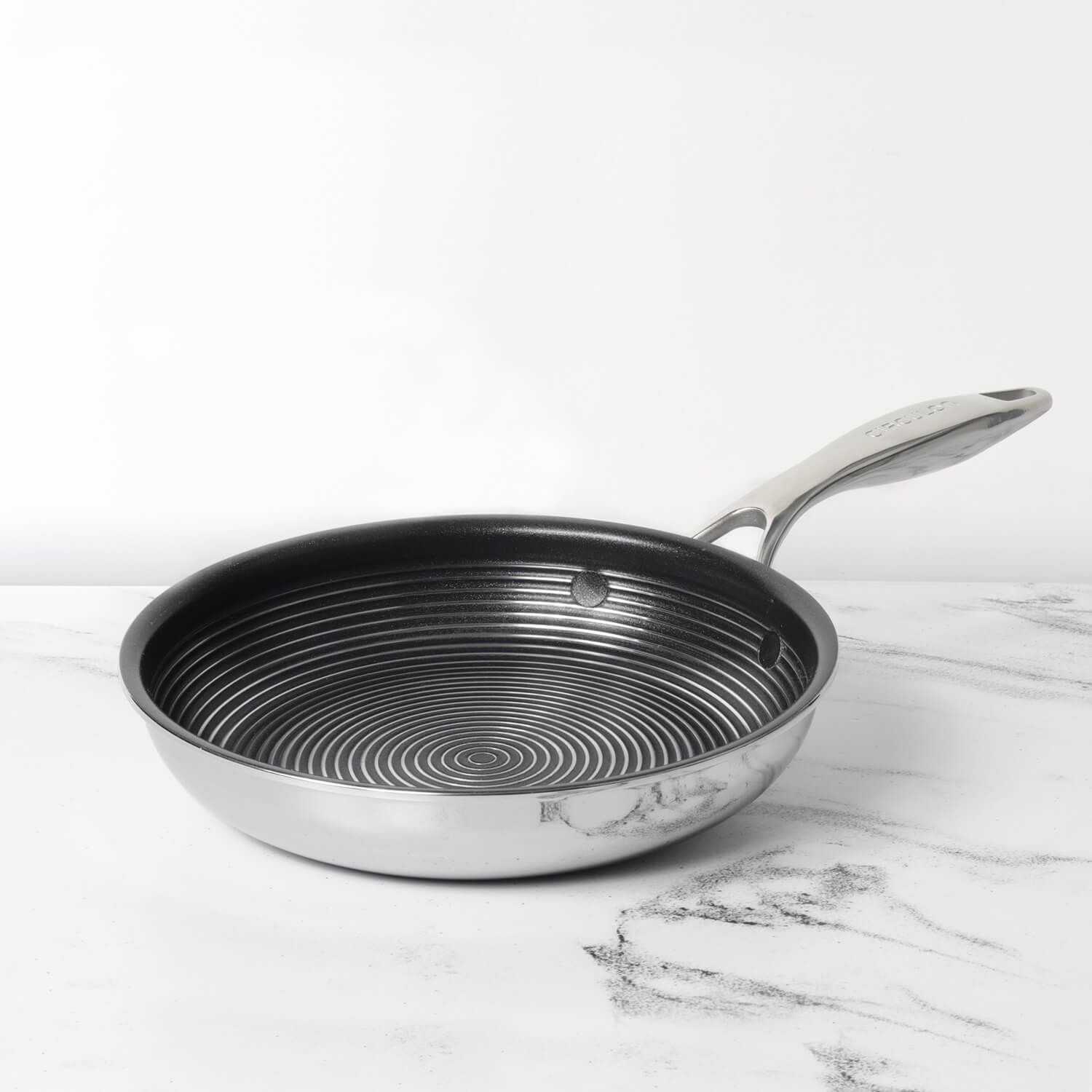





Leave a comment